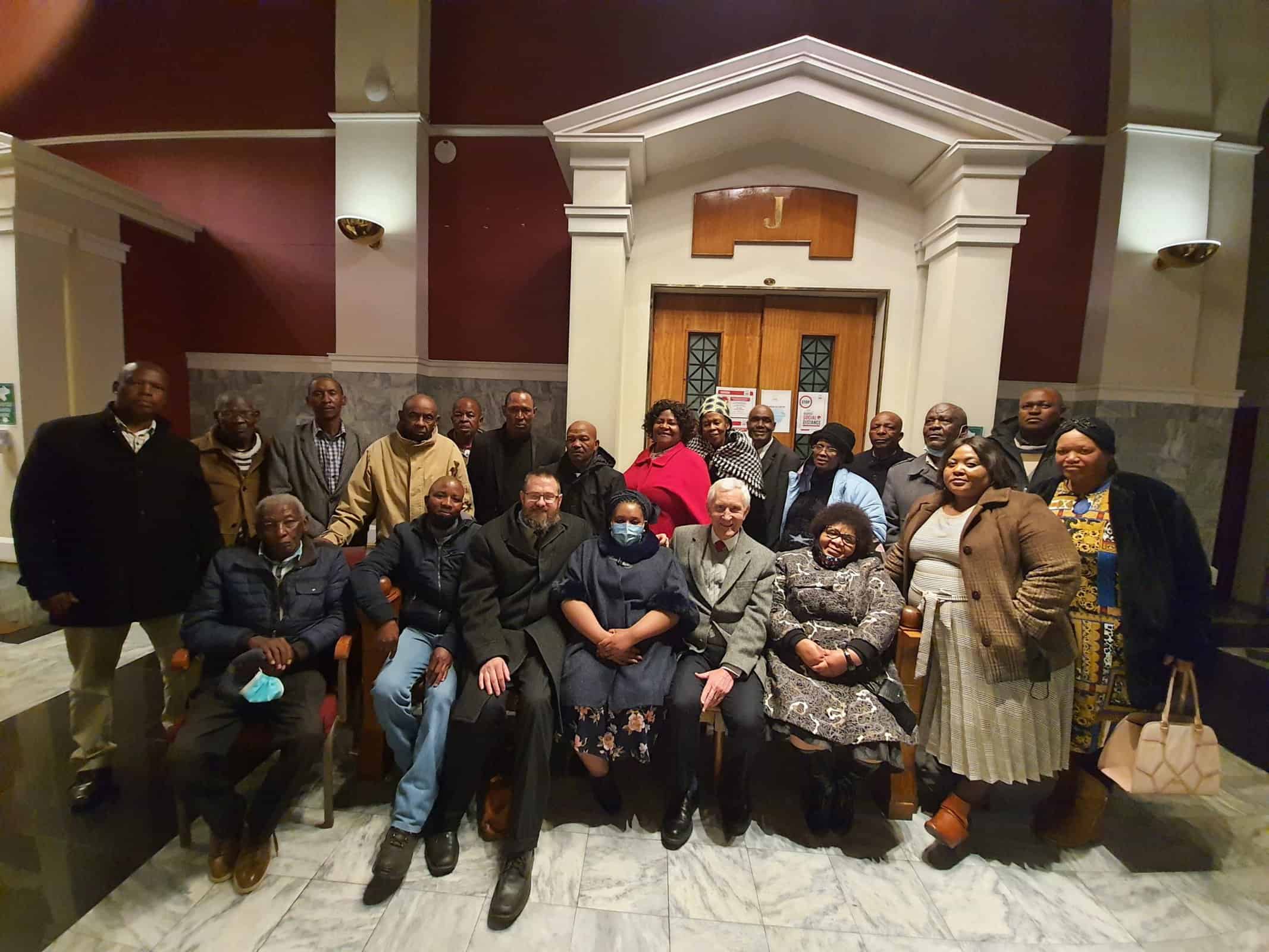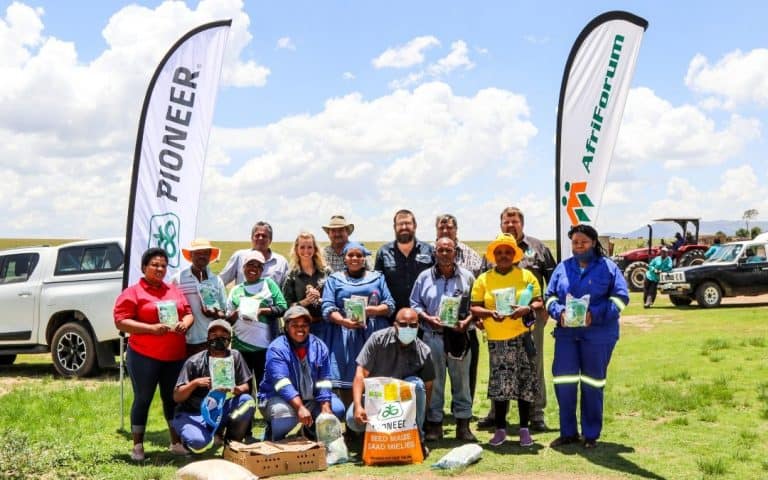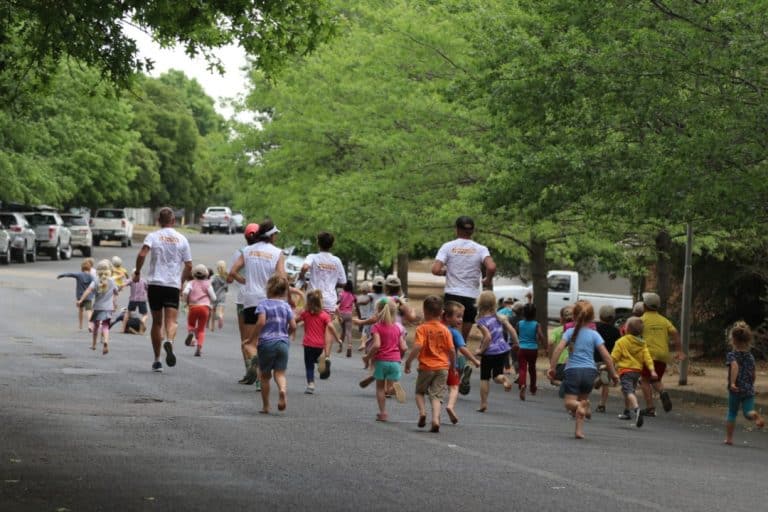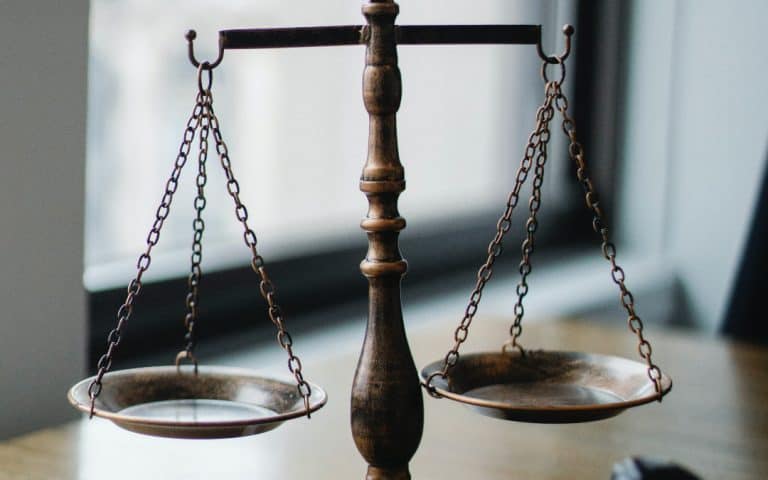Legitimate head of the Barolong Boo Seleka recognised by the court after decade long leadership battle
The Free State High Court in Bloemfontein in a ruling today recognised kgosatsana (princess) Gabo Moroka as motshwaredi (regent) of the Barolong Boo Seleka traditional community of Thaba ’Nchu, east of Bloemfontein and ordered the premier to take the required steps to finalise the recognition. The respondents, including the premier, was also ordered to pay the cost of the application. The Premier originally opposed the application, but a notice of withdrawal and to abide by the court’s decision was filed a few days thereafter. Kgosatsana Gabo and the royal family was supported by AfriForum in this urgent application to compel the premier of the Free State to recognise kgosatsana Gabo as motshwaredi after the premier did not respond to the family’s application for recognition.
The royal family’s fight to preserve their place as the legitimate leaders of the community started in 2013 after the death of their family member, kgosi (chief) Gaopalelwe Moroka. A dispute group, that was unsatisfied with the selection of a woman as chief, questioned the legitimacy of the family and drove a campaign against the family.
Ace Magashule, former Premier of the Free State, then instructed the Commission on Traditional Leadership Disputes and Claims to investigate the dispute. During the investigation the dispute group changed the grounds of their objection and argued that the leadership claim of the ruling royal family was invalid, based on the alleged wrongful succession of kgosi Moroka II by kgosi Tshipinare Moroka in 1880, more than 140 years ago. Based on a very deficient report by the Commission, Magashule decided to end the leadership of the ruling royal family and transferred the leadership to the dispute group.
The Supreme Court of Appeal on 31 March 2022 however granted an order in favour of the royal family and set aside the commission’s report and the premier’s decisions. The royal family, after this victory, identified kgosatsana Gabo Moroka as motshwaredi on 3 April and submitted an application for recognition to the premier on 10 April. The application was followed-up in writing on 11, 19 and 26 May and because no action was taken by the premier the royal family was forced to approach the court on an urgent basis to ensure that kgosatsana Gabo can represent the community during the reconstitution of the Free State Provincial House of Traditional and Khoi-San Leaders that will take place on 14 June.
“This leadership battle was never about any individual. Our family served this community as leaders for generations; this servant leadership role is the core of our identity as a royal family. We persevered, through the grace of God, to honour the legacy of the generations that preceded us. The biggest task is still ahead of us: to lead our community in a reformation process that will ensure a prosperous future and the preservation of our cultural identity,” says kgosatsana Gabo Moroka, motshwaredi of the Barolong Boo Seleka traditional community.
“There exists an undying friendship between Afrikaners and the Barolong Boo Seleka. It was a privilege for AfriForum to be reminded of this friendship and that this friendship could be renewed through cooperation. We have a duty to tell this history to our children and we will use it as basis to build good relations and to ensure a prosperous future for the children of our communities. We are thankful that light dispelled darkness and that truth overcame falsehood; we are filled with hope and are looking forward to the outcomes we will achieve together through the renewal of the cooperation between Afrikaners and the Barolong Boo Seleka,” says Barend Uys, Head of Intercultural Relations and Cooperation at AfriForum.
“I, once again, convey my gratitude to Afriforum – they stood with us during our darkest hour. I also appreciate the journey we have travelled together, since rebuilding our friendship. A union which was established by our forefathers. Above all we have come together because we understand that we are all sons and daughters of God. I am humbled that it is during my lifetime that we are able to build on the foundation which was set by our elders. It amazes me that my forefather, Kgosi Tshipinare, already in those times, was a visionary leader, understanding the importance of coexistence, respecting each other’s cultural diversity. What we can do from here on is to hold hands to build the prosperous future we all hope for,” closes Kgosatsana Gabo.











